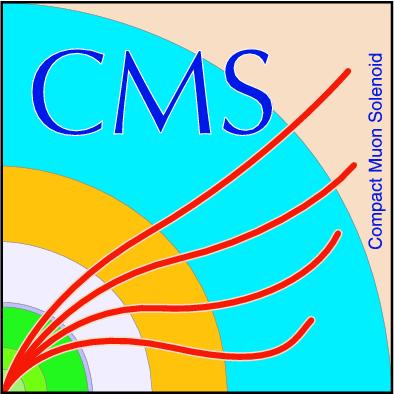
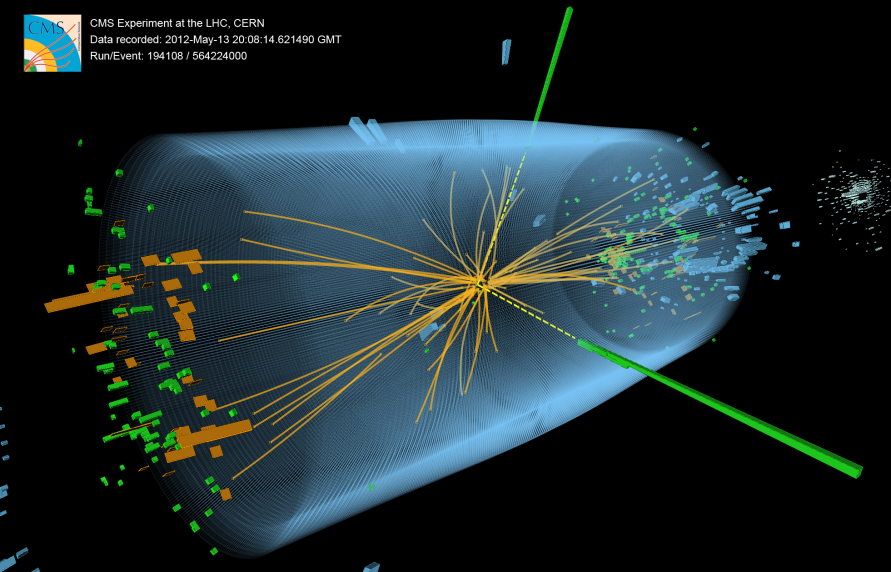
Compact Muon Solenoid
LHC, CERN
| CMS-PAS-BPH-22-005 | ||
| Test of lepton flavor universality in $ \mathrm{B}^{\pm}\rightarrow \mathrm{K}^\pm \ell^+ \ell^- $ decays | ||
| CMS Collaboration | ||
| 31 August 2023 | ||
| Abstract: A test of lepton flavor universality in $ \mathrm{B}^\pm \to \mathrm{K}^\pm\ell^+\ell^- $ decays, where $ \ell $ is a muon or electron, as well as a measurement of differential and inclusive branching fractions of a nonresonant $ \mathrm{B}^\pm \to\mathrm{K}^\pm\mu^+\mu^- $ decay with the CMS experiment at the LHC are presented. The analysis is made possible by a dedicated data set of proton-proton collisions at $ \sqrt{s} = $ 13 TeV recorded in 2018, using a special high-rate data stream designed for collecting about 10 billion unbiased b hadron decays. The ratio of the branching fractions $ {\cal B}(\mathrm{B}^\pm \to \mathrm{K}^\pm\mu^+\mu^- $) to $ {\cal B}(\mathrm{B}^\pm \to \mathrm{K}^\pm\mathrm{e^+e^-} $) is measured as a double ratio $ R(\mathrm{K}) $ of these decays to the respective branching fractions of the $ \mathrm{B}^\pm \to \mathrm{J}/\psi\mathrm{K}^\pm $ ($ \mathrm{J}/\psi \to \mu^+\mu^-) $ and ($ \mathrm{J}/\psi\to \mathrm{e^+e^-}) $ decays, which allow for significant cancellation of systematic uncertainties. The ratio $ R(\mathrm{K}) $ is measured in a range 1.1 $ < q^2 < $ 6.0 GeV$ ^2 $, where $ q $ is the invariant mass of the lepton pair, and is found to be $ R({\rm K})= $ 0.78 $ ^{+0.47}_{-0.23} $, in agreement with the standard model expectation within one standard deviation. This measurement is limited by the statistical precision of the electron channel. The inclusive branching fraction in the same $ q^2 $ range of $ {\cal B}(\mathrm{B}^\pm \to \mathrm{K}^\pm\mu^+\mu^-) = $ ( 12.42 $ \pm $ 0.68 ) $\times$ 10$^{-8} $ is consistent with and has a comparable precision to the present world average value. | ||
|
Links:
CDS record (PDF) ;
CADI line (restricted) ;
These preliminary results are superseded in this paper, Submitted to ROPP. The superseded preliminary plots can be found here. |
||

|
Compact Muon Solenoid LHC, CERN |
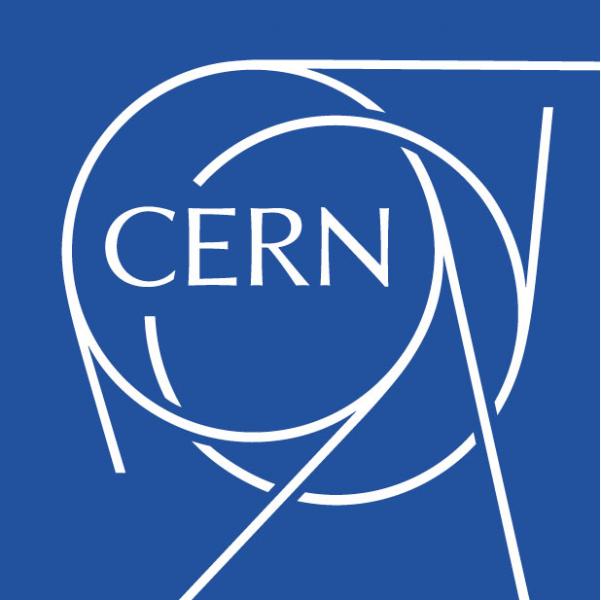
|
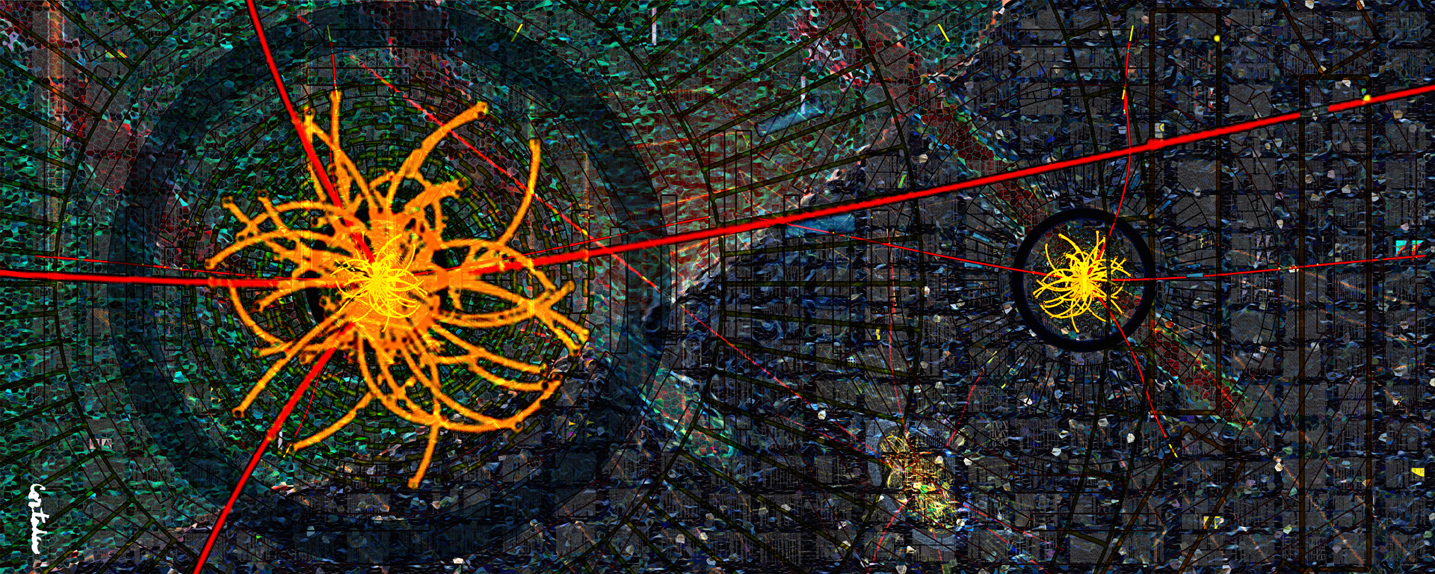
|
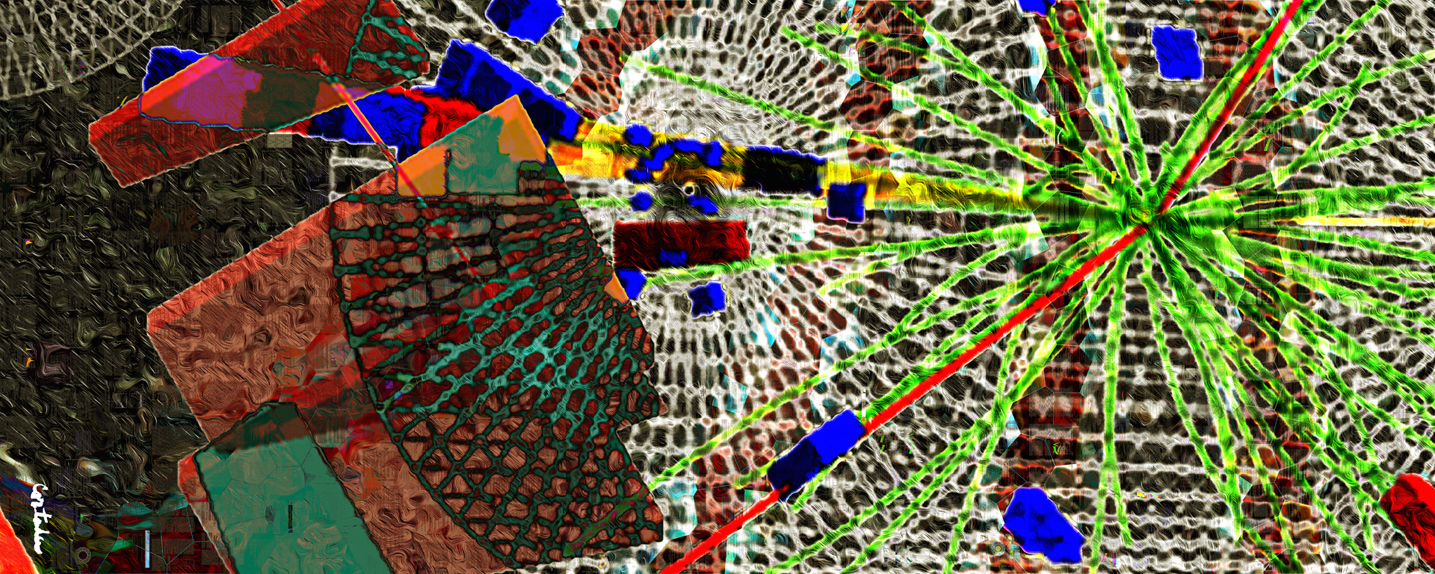
|
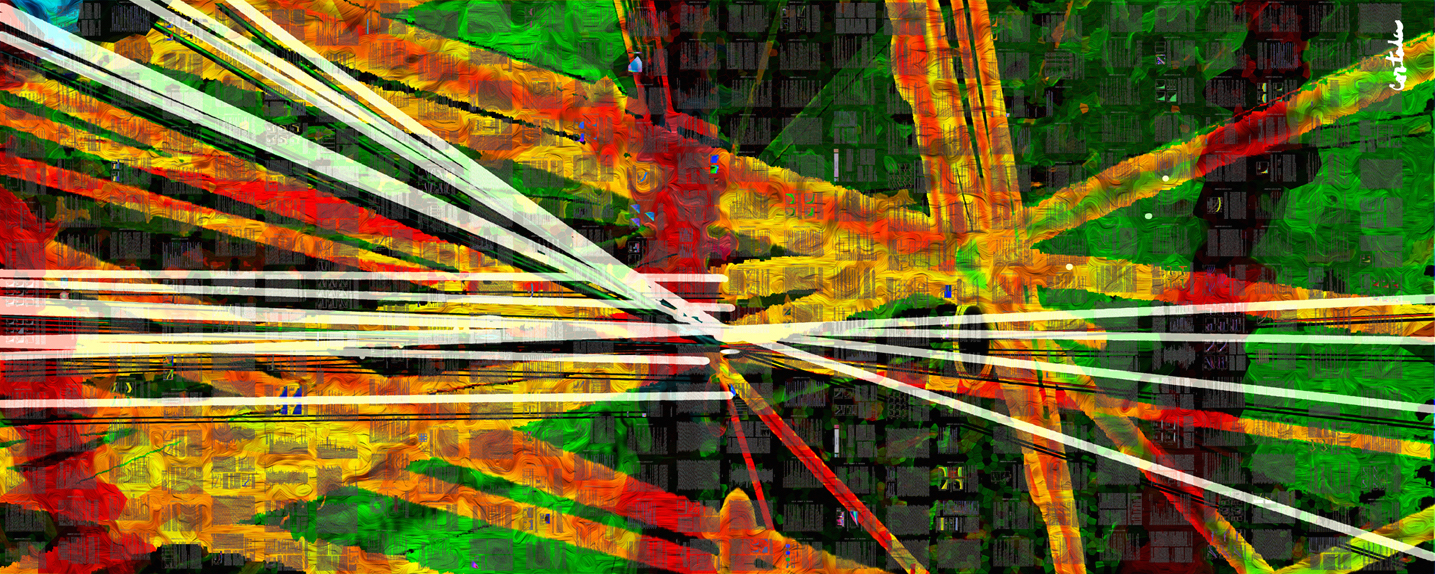
|
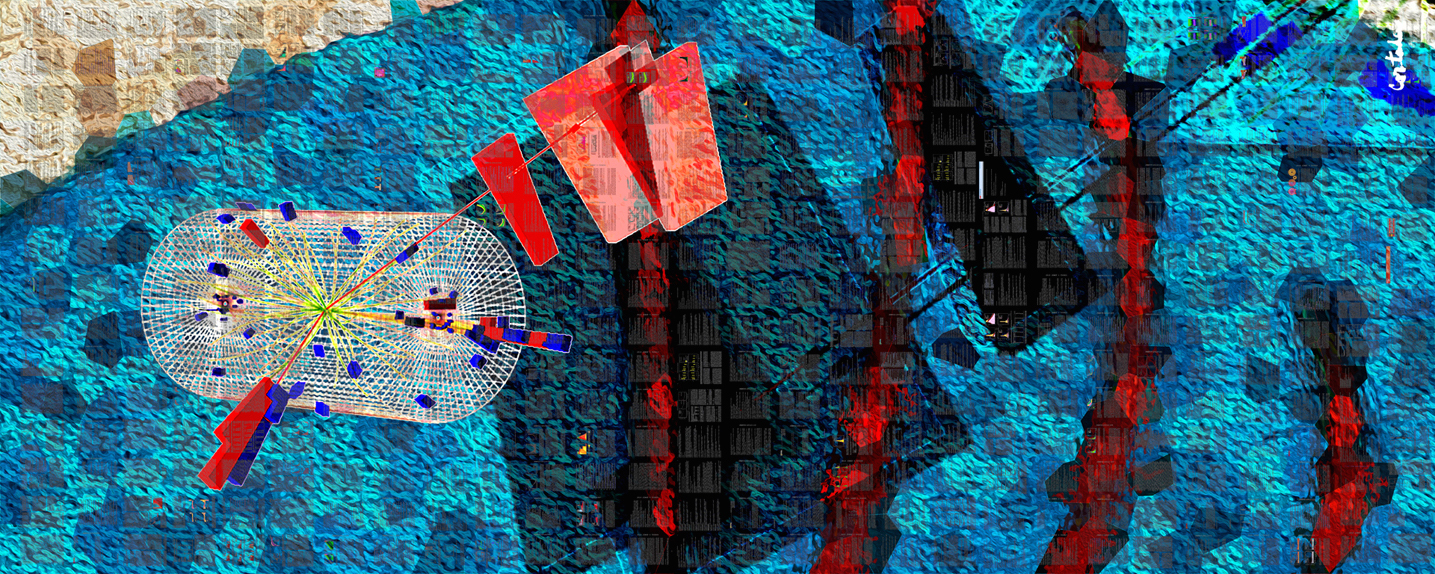
|
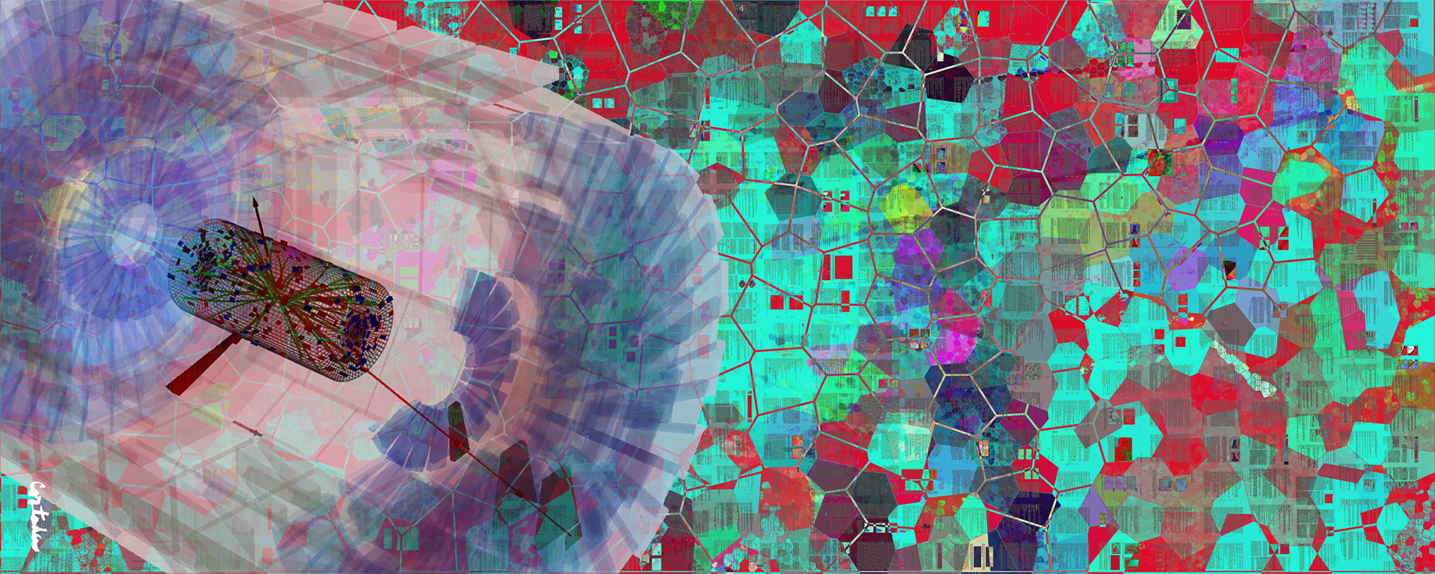
|